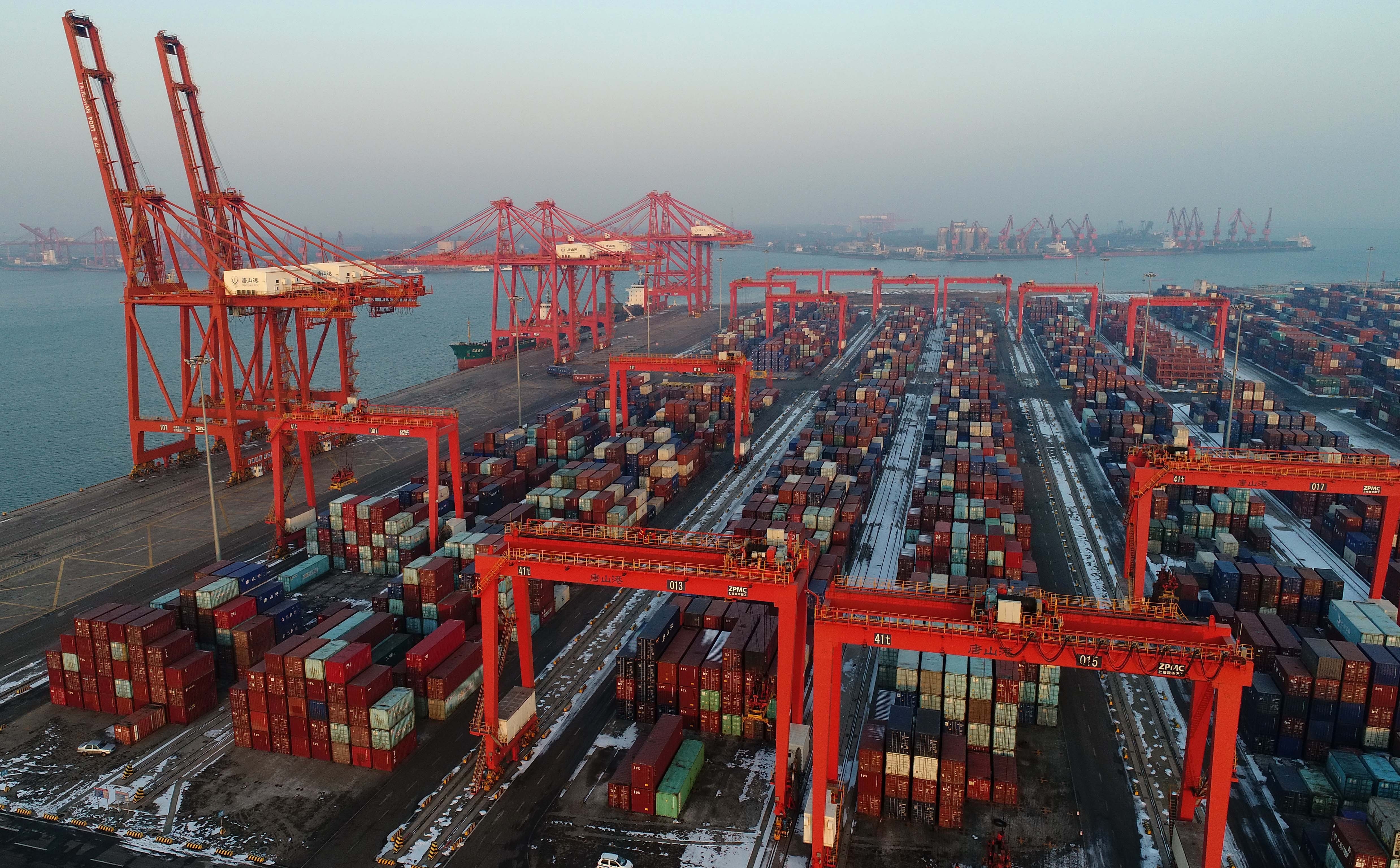China Foreign Investment Law: A landmark for further opening up
- By He Shuquan
 0 Comment(s)
0 Comment(s) Print
Print E-mail China.org.cn, March 3, 2019
E-mail China.org.cn, March 3, 2019

Late last year China released a draft legislation of a new foreign investment law for public review and comment. This is regarded as a significant step in opening up the Chinese market to foreign businesses. It also addresses complaints that have been prevalent among foreign investors.
In the early days of reform and opening up, China formulated three foreign capital laws, which laid the foundation for attracting foreign investment. These were the Sino-foreign Joint Venture Enterprise Law, Foreign Enterprise Law and Chinese-Foreign Cooperation Enterprise Law.
Since October 2013, China has carried out successful pilot reforms of the foreign investment approval system in Shanghai, Guangdong, Tianjin and Fujian. In 2014, the Foreign Investment Law entered the State Council's legislative plan for the first time. One year later, the Ministry of Commerce published a draft for soliciting opinions on its website. In late December 2018, the final draft of the legislation was released for public review and comment.
The draft consists of 39 articles divided into six sections: general provisions, investment promotion, investment protection, investment management, legal responsibility, and other provisions. The draft clarifies that the purpose is to further expand opening up, actively promote foreign investment, protect the legitimate rights and interests of foreign investment, promote the formation of a new pattern of comprehensive opening, and promote the healthy development of the socialist market economy.
These are the main points:
-China will guarantee the equal treatment of domestic and foreign-funded enterprises. Article 9 of the draft stipulates that, except as otherwise stipulated by laws and regulations, the policies of the state to support enterprise development are equally applicable to foreign-invested enterprises.
-The draft stipulates that national and local governments shall improve their foreign investment services to be more convenient, efficient and transparent. Local governments shall strictly abide by the policy commitments made to foreign investors and foreign-invested enterprises in accordance with the law.
-China will further simplify foreign investment management. After the implementation of the Foreign Investment Law, the current procedures for the approval of foreign-invested enterprises will be abolished.
-China will protect the intellectual property rights of foreign investors and foreign-invested enterprises. China had previously stated in the WTO Accession Protocol that it does not approve compulsory technology transfer, but accusations of such have caused tension with other countries in recent years. The new law stipulates that the conditions for technical cooperation in the process of foreign investment shall be determined only by the parties to the investment, and the government shall not use administrative means to force the transfer of technology.
In consistence with the basic national policy of opening up to the outside world, the new legislation will encourage foreign investors to invest in China and raise the quality and level of foreign capital utilization. China will implement high-level investment liberalization and facilitation policies, establish and improve foreign investment promotion mechanisms, and create a stable, transparent and predictable investment environment.
He Shuquan is a professor at School of Economics, Shanghai University.
Opinion articles reflect the views of their authors only, not necessarily those of China.org.cn.
If you would like to contribute and have specific expertise, please contact us at opinion@china.org.cn.





